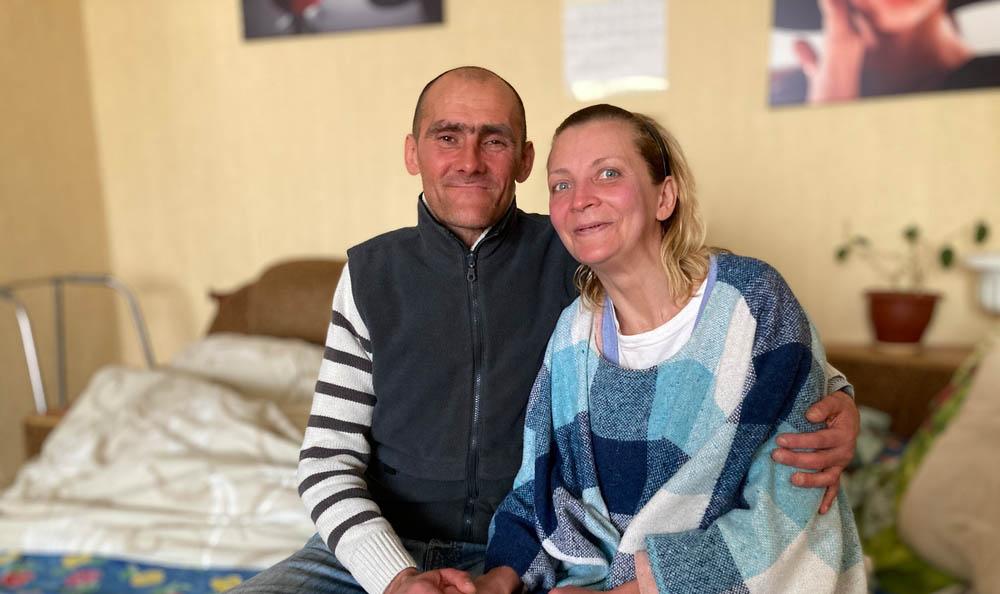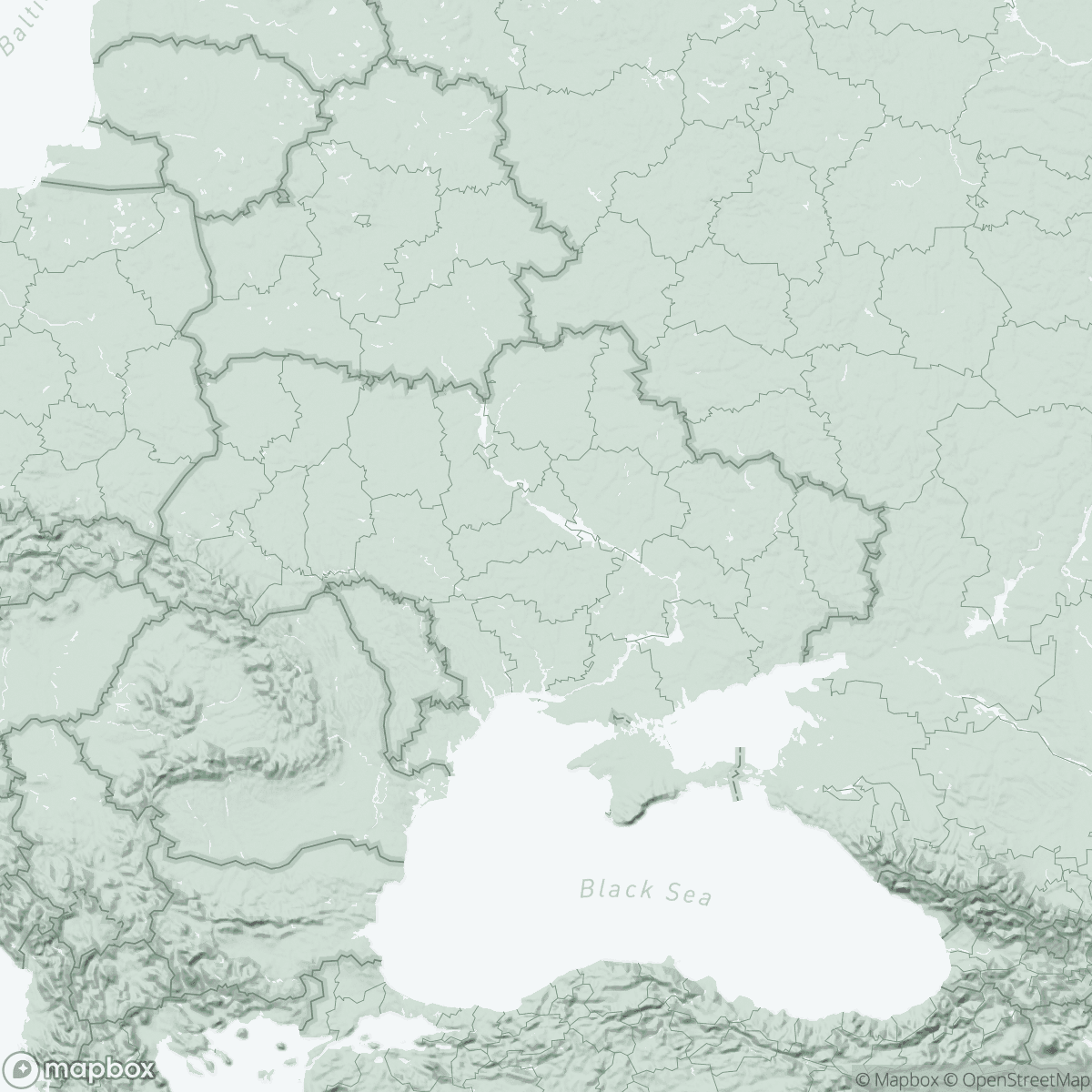
Tuberculosis: Finding love and other cures in Ukraine
In 1 click, help us spread this information :
In 2001, Sergey was suffering from pneumonia and sepsis in his lungs.“I was diagnosed with TB. What made it more difficult was that I was also addicted to drugs. Things were tough. I was in and out of prison, my wife had died from TB and alcohol addiction, and I had lost custody of my son”, explains Sergey.
In 2020, a chance encounter with MSF’s social worker Vitaliy convinced Sergey to enter the treatment programme for patients with multi-drug resistant tuberculosis (MDR-TB), a collaboration between the Regional TB Dispensary in Zhytomyr and Médecins Sans Frontières (MSF).
A tough treatment
Despite an overhaul in TB health policy, until a few years ago patients in Ukraine had to spend 12 to 24 months in dedicated TB health facilities. Existing treatment for drug-resistant forms of TB is still not easy to withstand as it can require daily injections and combinations of drugs that can result in moderate to severe side effects (like fatigue to neurological effects in some cases).
A prolonged hospital stay also comes at a cost: separation from family and community support, often combined with loss of employment and income. TB survivors like Sergey, former prisoners with a history of substance-use, occupy the lowest ranks of socio-economic hierarchies in Ukraine and are often not able to start and/or complete hospital-centred TB treatments.
“The drugs impacted my hearing and eyesight; I lost my appetite and consequently a lot of weight. I used to wake up at five or six in the morning due to stomach cramps and I would cry at the sight of those pills. It was really difficult”
Sergey, MSF TB survivor
His partner Natasha leans into his chest, and tightens her palm around his. She has a similar tale.
“I had a history of substance addiction, and my then partner was an alcoholic. In 2007, I tested positive for HIV and lost parental rights to my two children.
“Later that year, I contracted pneumonia, which doctors initially diagnosed as an infection but later as TB. I managed to get treatment but contracted TB again in 2009, and later MDR-TB twice in 2016 and 2020”
Natacha, MSF TB patient
Incomplete TB treatment poses a serious risk, as it is linked to the emergence of drug-resistant forms of the disease. According to the World Health Organisation in 2018, the proportion of DR-TB patients amongst newly confirmed TB patients in Ukraine was 29 per cent, and 46 per cent amongst previously treated patients. This rate is high in comparison to other countries in Europe and is a significant public health challenge.
The Regional TB Dispensary, aims to reverse this trend through an operational research programme supported by MSF. The study advocates for a patient-centred model by showcasing the numerous advantages offered by shorter treatment plans lasting between nine and 12 months and highly effective all-oral regimens including bedaquiline and delamanid, which cause fewer severe side effects than the older drugs. Many patients in this programme also receive treatment for co-morbidities like hepatitis C, HIV and alcohol or substance-use disorders.
Putting patients first
A patient-centred health approach also prioritises the individual needs of the patients.
“When I entered the MSF programme in Zhytomyr, I was struggling. I was craving drugs all the time but I also wanted to get my life back – get a job, apply for disability status so my medical expenses could be covered. As part of my treatment here, I also started a methadone substitution therapy. But when I met Natasha, that’s when I felt God freed me”, says a beaming Sergey.
It is also vital to strengthen outpatient care, so patients can stay with their families and communities while receiving treatment. Being able to return home and continue the medication increases the chance of patients completing their treatment.
MSF’s patient support teams made up of nurses, social workers and psychologists, work with DR-TB patients to understand and resolve potential barriers to continuing treatment, ranging from unpaid pensions to lack of gas or heating in homes.
Hope for the future
“I want to tell my story because I am alive.TB patients are lost to society. People around us don’t understand. We are told we won’t find a job. I want to tell health authorities to ensure nutritious food, healthcare workers to treat us well, social workers to listen to the needs of patients,” says Natasha.
Discharged from the Regional TB Dispensary in October 2020, Sergey and Natasha got married that December. They completed their treatment in January 2021. Today, they dream of building a house with a small garden and buying a car to travel the world.
“In 2007, I was diagnosed with TB and HIV and I thought I was going to die,” summarises Sergey.
Then I saw a poster of a child under a sunflower which said life goes on. That gave me hope. Today, I am alive”.



